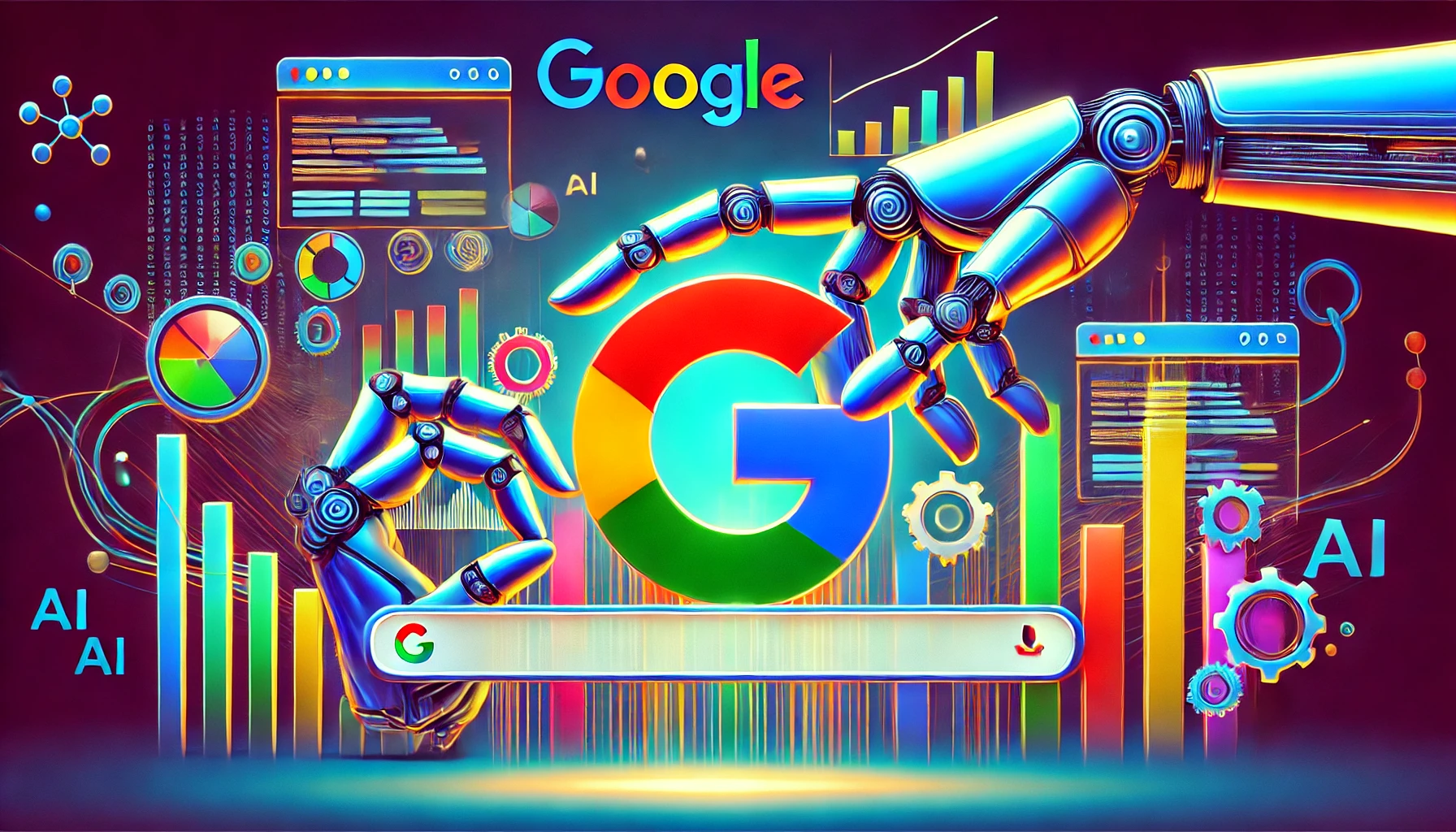In recent years, the integration of artificial intelligence (AI) into Google’s search algorithms has revolutionized the field of search engine optimization (SEO). Google’s AI capabilities are not just enhancing search accuracy but also transforming how search results are displayed and impacting digital marketing strategies.
Google’s Gemini AI
Gemini AI is an advanced artificial intelligence platform designed to revolutionize digital marketing efforts by leveraging the power of natural language processing (NLP) and machine learning. At its core, Gemini AI excels in creating highly personalized and engaging content at scale. By analyzing vast amounts of data and understanding user intent, Gemini AI can generate tailored marketing messages, advertisements, and even entire articles that resonate with specific target audiences. This capability not only saves time and resources for marketers but also ensures that content is relevant and impactful.
Moreover, Gemini AI goes beyond traditional content generation by offering predictive analytics and optimization tools. It can forecast trends, analyze market behaviors, and suggest strategic insights to optimize marketing campaigns effectively. This predictive capability helps businesses stay ahead of the curve, adapt quickly to market changes, and maximize their return on investment (ROI) in digital marketing efforts. With its intuitive interface and robust features, Gemini AI empowers marketers to craft compelling narratives, enhance customer engagement, and drive conversions with precision and efficiency in today’s competitive digital landscape.
AI-Generated Search Result Snippets
One of the most significant developments is the use of AI to generate search result snippets, also known as featured snippets or knowledge panels. These snippets provide concise answers directly on the search engine results pages (SERPs), minimizing the need for users to click through to individual websites. For instance, queries like “how to bake a cake” may yield a step-by-step recipe snippet at the top of the search results, offering immediate value to users.
Enhanced User Experience and SEO
Google’s AI-driven search result enhancements aim to improve user experience by providing quick and relevant information. This shift requires SEO practitioners and content creators to rethink their strategies. While AI-generated snippets offer convenience, they also present challenges for businesses seeking to drive traffic to their websites through organic search.
Future Implications for Content Creation
Looking ahead, Google’s investment in AI suggests ongoing advancements in how search results are generated and presented. Future updates may prioritize content that aligns closely with user intent and engagement metrics. This evolution emphasizes the importance of creating high-quality, authoritative content that not only answers specific queries but also provides comprehensive information, context, and unique insights that AI-generated snippets may not fully address.
Strategies for Adaptation
To navigate these changes effectively, businesses should focus on optimizing their content for both traditional SEO factors and emerging AI-driven search enhancements. This includes:
Content Depth and Quality: Emphasize creating in-depth, valuable content that goes beyond basic answers provided by AI-generated snippets.
User Intent Optimization: Tailor content to align with user intent, addressing diverse aspects of a topic to capture a broader audience.
Technical SEO Best Practices: Implement structured data markup and optimize content structure to enhance visibility in AI-driven search results.
In conclusion, while Google’s AI advancements in SEO present challenges, they also open new opportunities for businesses to enhance their digital marketing strategies. By adapting to AI-driven changes and continuing to prioritize high-quality content creation, businesses can maintain visibility, drive engagement, and achieve long-term SEO success in the evolving digital landscape.







